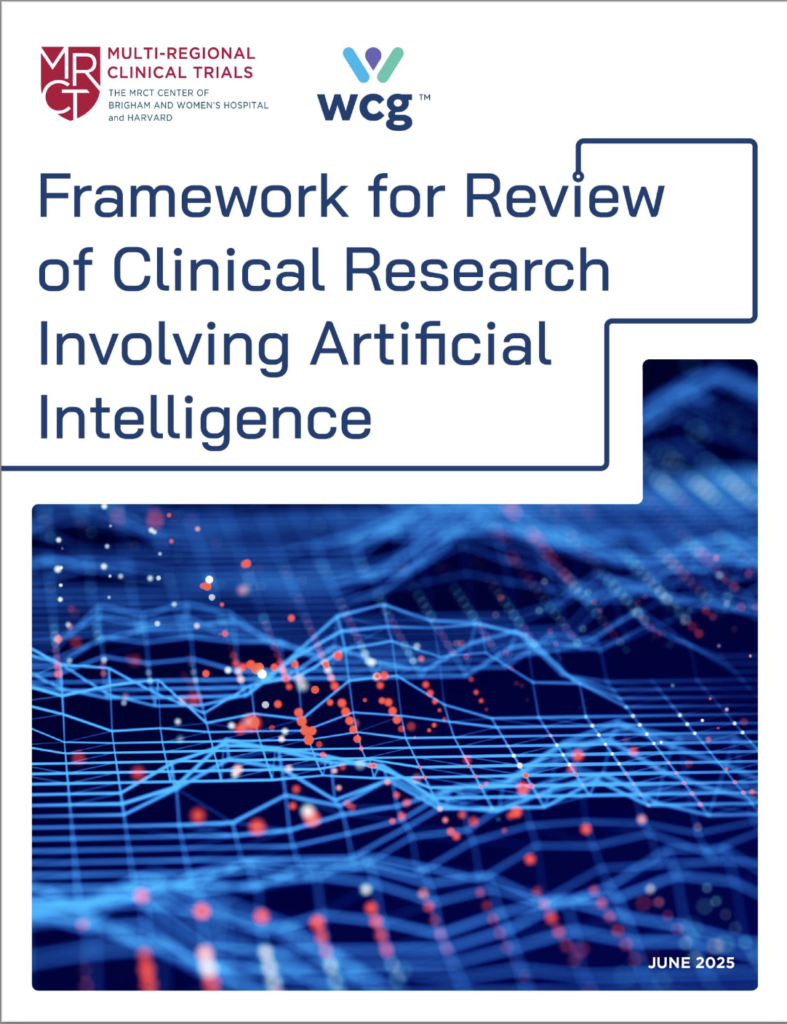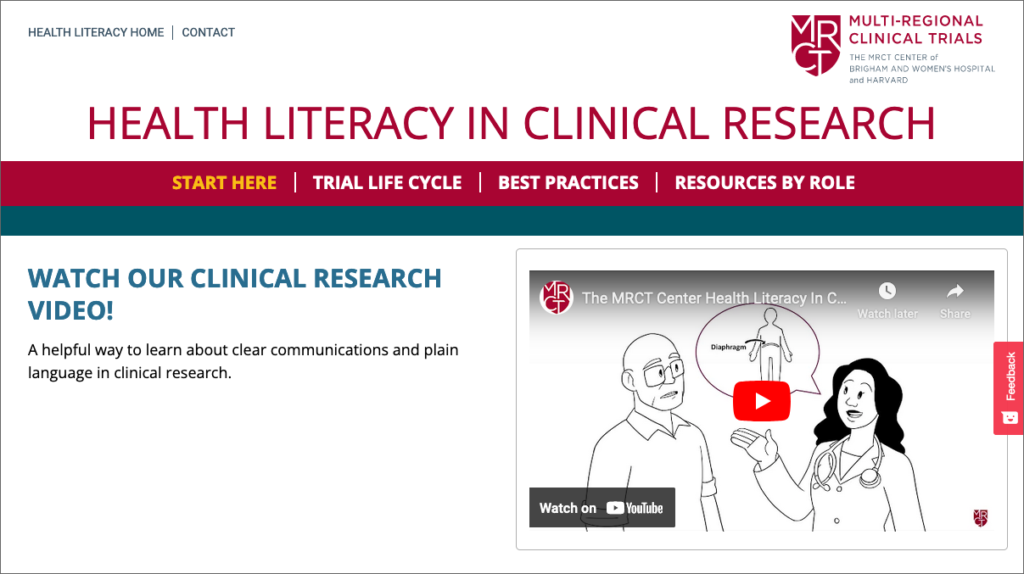
From Policy to Practice: Implementing the EHDS for Responsible Data Sharing
The European Health Data Space (EHDS) establishes a common framework for sharing electronic health data across all 27 EU member states in a secure, standardized manner, advancing individuals’ ability to access and control their own health data and enabling certain health data to be used for approved secondary uses.
In May 2022, the European Commission proposed EHDS to harmonize electronic health data sharing and governance across all EU member states. The EHDS Regulation, finalized and entered into force for implementation on March 26, 2025, is the inaugural initiative among nine planned European sector-specific data spaces. As a new regulatory framework, EHDS introduces significant opportunities that encompass two core components: (1) patient rights regarding access and control of their electronic health data, supported by the necessary infrastructure; (2) provisions for access and secondary use of health data for research, innovation, policy development, and other approved uses. The implementation of these components requires harmonization of data governance mechanisms across diverse health systems of EU member states.
To support stakeholders in understanding and navigating this evolving landscape, the MRCT Center has partnered with Vivli to co-host a series of online, invitation-only forums for interested pharmaceutical and biotechnology companies.
These forward-looking sessions address and discuss EHDS implementation and its accompanying data governance, harmonization, and compliance pieces for secondary use of data, as well as allow for collaboration opportunities to develop and submit public commentaries on EHDS draft implementation guidelines. Through this collaborative approach, we aim to identify and address opportunities and challenges, ensuring EHDS fulfills its promise of advancing personal health, innovation, and clinical research across Europe.
Links:
- (European Union, EUR-Lex, Proposal for a Regulation of the European Parliament of the Council on the European Health Data Space (COM/2022/197 final, May 3, 2022), https://eur-lex.europa.eu/legal-content/EN/TXT/?uri=celex%3A52022PC0197
- Regulation (EU) 2025/327 of the European Parliament and of the Council of 11 February 2025 on the European Health Data Space and Amending Directive 2011/24/EU and Regulation (EU) 2024/2847 (Text with EEA Relevance). 11 Feb. 2025, http://data.europa.eu/eli/reg/2025/327/oj/eng.
- https://health.ec.europa.eu/latest-updates/frequently-asked-questions-european-health-data-space-2025-03-05_en
OBJECTIVES
- Convene and engage global stakeholders to collaborate on EHDS developments, coordinate efforts, and foster dialogue on data sharing and governance.
- Guide policy and framework development toward a harmonized system for secondary use of health data, ensuring alignment with ethical, regulatory, and compliance standards that advance innovation in clinical research and healthcare.
KeY MILESTONES
- November 2025: Hosted the EHDS workgroup forum to review TEHDAS2 guidance and stakeholder insights, and submitted three comments to the second wave of TEHDAS2 Public Consultations, on draft guidelines addressing data minimization, opt-out implementation, and notification of significant findings.
- September 2025: Hosted two EHDS workgroup forums, first featuring Elina Drakvik (Sitra), presenting EHDS rules for secondary data use, Finland’s implementation efforts, and ongoing work of the TEHDAS2 draft guidelines. The second forum, members prioritized and strategized on the TEHDAS2 draft guidelines for comment submission.
- July 2025: Held the EHDS Workgroup forum, where Aneta Tyszkiewicz, Associate Director, Digital & Data for the Science Policy and Regulatory Affairs team at EFPIA, provided an overview of the EHDS regulation and EFPIA’s active engagement in this area.
- May 2025: The EHDS Workgroup Forum convened industry members to discuss the practical implications of EHDS for industry and research organizations and how to transform uncertainty into actionable, pragmatic next steps.
- March 2025: Launch of Workgroup Webinar Series “From Policy to Practice: Implementing the EHDS for Responsible Data Sharing.” The forum convened experts from industry, legal, and regulatory backgrounds to discuss the European Health Data Space (EHDS) and its implications for the sharing of clinical trial data.
project Leadership & sTAFF
- Barbara E. Bierer, MD, Faculty Director, MRCT Center
- Liz Graham, MPH, MS, Senior Clinical Research Data Manager, Vivli
- Lisa Koppelman, MSW, LICSW, MPH, Team & Program Director, MRCT Center
- Rebecca Li, PhD, CEO Vivli
- Alex Senra, Executive Assistant, Vivli
- Olchey Tchavyntchak, Research Assistant, MRCT Center













